Why getting out of your comfort zone can only be a good thing

Fear is a natural and immutable part of human existence and development. It is actually deeply embedded in our brain in different neural circuits from the limbic system all the way to the cerebral cortex. When those neural circuits are stimulated in a chemical or electrical way, the result is that we feel afraid even when any threatening incentives are absent. Feeling afraid is not a sign of weakness. In a matter of fact, fear is one of the main brain functions. Every time when we consciously make a decision that is getting us out of the comfort zone we do make a step forward and the next uncomfortable thing will seem less scary to us.
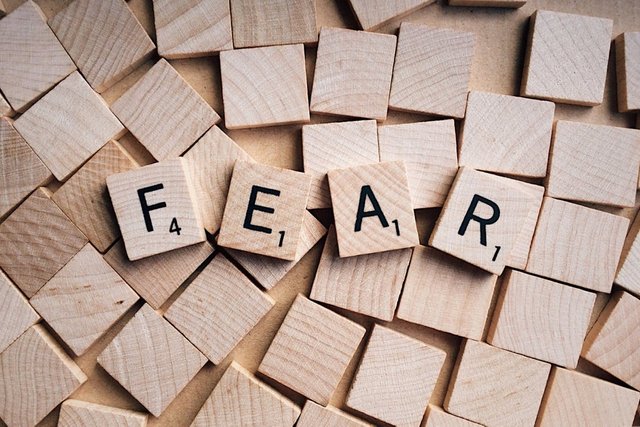
(Source: Pexels)
The most obvious question that comes into our mind is what is so wrong about feeling comfortable, right? Isn’t that one of our main goals?
But when we exist in our comfort zone for too long we tend to fall into a static condition while life around us keeps on going and the Earth keeps on spinning. After all, life is dynamic, not static, or else said while we sit still things do change.
It might sound weird but discomfort is actually a good thing. Just like the learning process makes us collide with unexperienced obstacles and inconveniences but after that, we gain new knowledge and life experience.
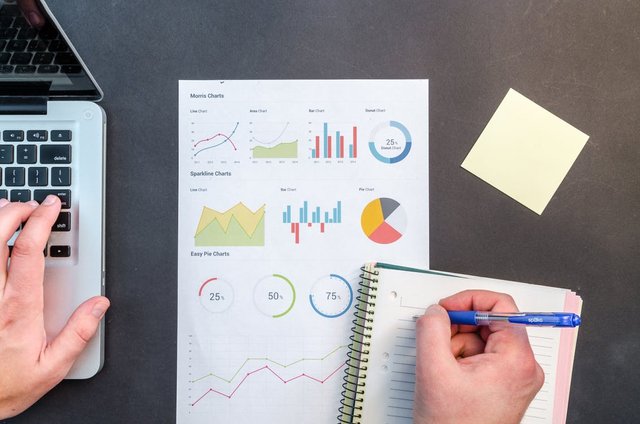
(Source: Pexels)
If we remain for too long in our comfort zone at our workplace we do become uncompetitive while our competition keeps on growing and changing. Even if a highly successful company operates for a long time through the same old and well-know business model it will soon become unattractive to its customers and will start loosing its leading positions on the market. This is commonly observed around some big corporations as they tend to follow old guidelines and keep their main business strategy the same as 10 years ago while some new small and medium-size companies are blowing them away.

(Source: Pexels)
The comfort zone affects our personal life by fooling us to “go with the flow” and let the routine takes its place in our relationships. We no longer put the same amount of time and effort dedicated to our partner and we feel perfectly fine with that because deep down we believe that nothing bad will happen so we don’t have to push. But relationships just like everything else in life needs us to pay attention and take care of them on a daily basis or else they start to wither.
Safety and stability might be shutting down our brain
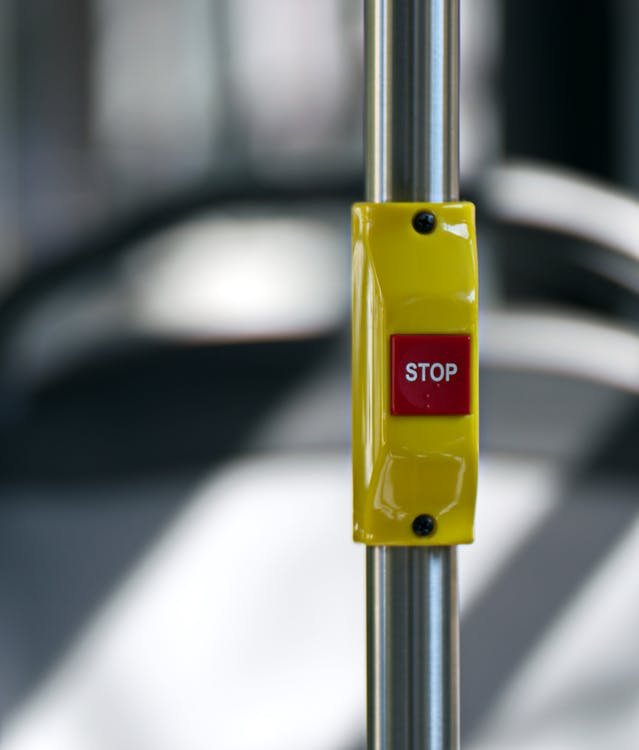
(Source: Pexels)
Not being aware of what is going to happen and what will come next is unpleasant and stressful for all of us. But unpredictability is sending signals to your brain to start working better and faster according to a Yale research published last year. This means that unstable and unpredictable situations might bring us discomfort but they are also vital id we want to learn using our brain in maximum capacity.
In the research, a couple of scientists taught a group of monkeys to hit different targets for a certain reward.
In the first part of the research, they were giving the monkeys a choice between a red target that was rewarding them almost 80% of the time and a green target that was rewarding them only 20% of the time. As monkeys quickly learned that red targets are way more profitable, scientists started switching things by increasing the uncertainty and making the green target more profitable.
In the second part of the research, the scientists decided to include stability and they have introduced two different buttons to the monkeys - an orange button that was always rewarding them 80% of the time and a blue button that was always rewarding them 20% of the time. Shortly the monkeys stopped learning and their brain activity that is related to the learning process in the frontal cortex was dramatically reduced.
So we conclude that we as humans can learn only in conditions of uncertainty and that is a good thing. But our brains need to take a rest from time to time from learning because we will eventually get exhausted and tend to give up whenever we experience some kind of failure and our persistence level will drop.
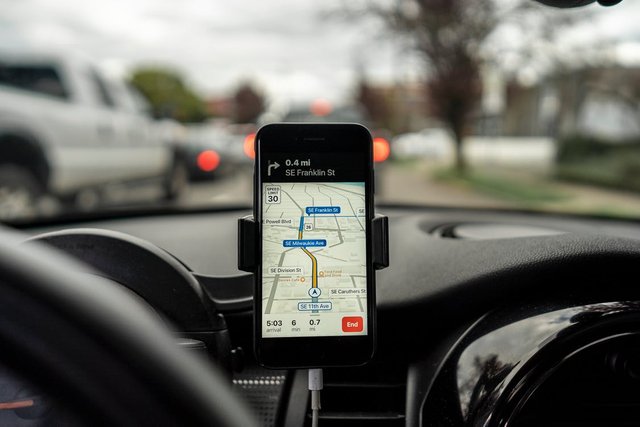
(Source: Pexels)
When we finally figure out what is the best way for us to behave in a certain environment or situations we stop learning new techniques and trying different approaches.
The same way we when we already have found the fastest route to our work we don’t want to try new routes because we are afraid that we might be stuck in a traffic jam or we might collide an unpredicted obstacle. But this way we will never be able to see and discover that new coffee shop that is making the best donuts you have ever tried or bumped into that old friend from college that you’re always saying how happy you would be to meet again.
This is the reason why stability kills learning and of we as human beings want to continually improve (which is the main reason for human evolution and all of the important discoveries that have changed the world), we have to try avoiding comfort as much as we can.
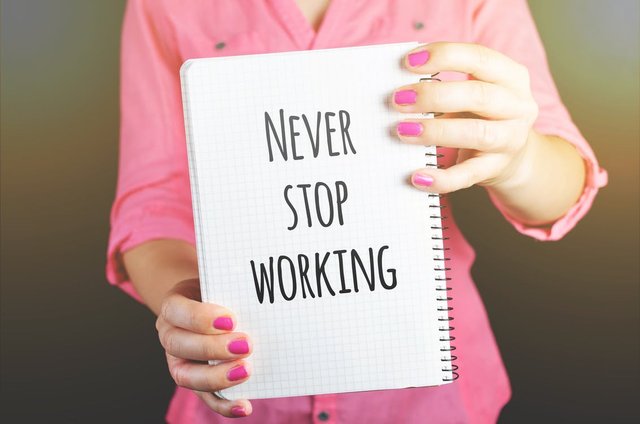
(Source: Pexels)
I would say that you should start taking more risks in your life, in a smart way of course.
Even if it’s just changing your route to work, you never know what good can come out of it.
Next time you see that freelance job you might just go on and take because over there you can meet your next big client and create the base of longterm business relations.
Or when your friend offers you to go to that new restaurant - don’t say no. Go on and try it because you might discover your new favorite dessert.
Or that time when you are with a broken arm and a damaged knee cap and the doctors have told not to go out of your home at all. Be smart and careful but still go out, take a walk and visit the nearest supermarket to get that grocery shopping you wanted to. You never know if the love of your life will be there at the same time, shopping and waiting to bump into you...
(As mentioned above, all of the photos used in this article are with royalty free rights, downloaded from Pexels.com)